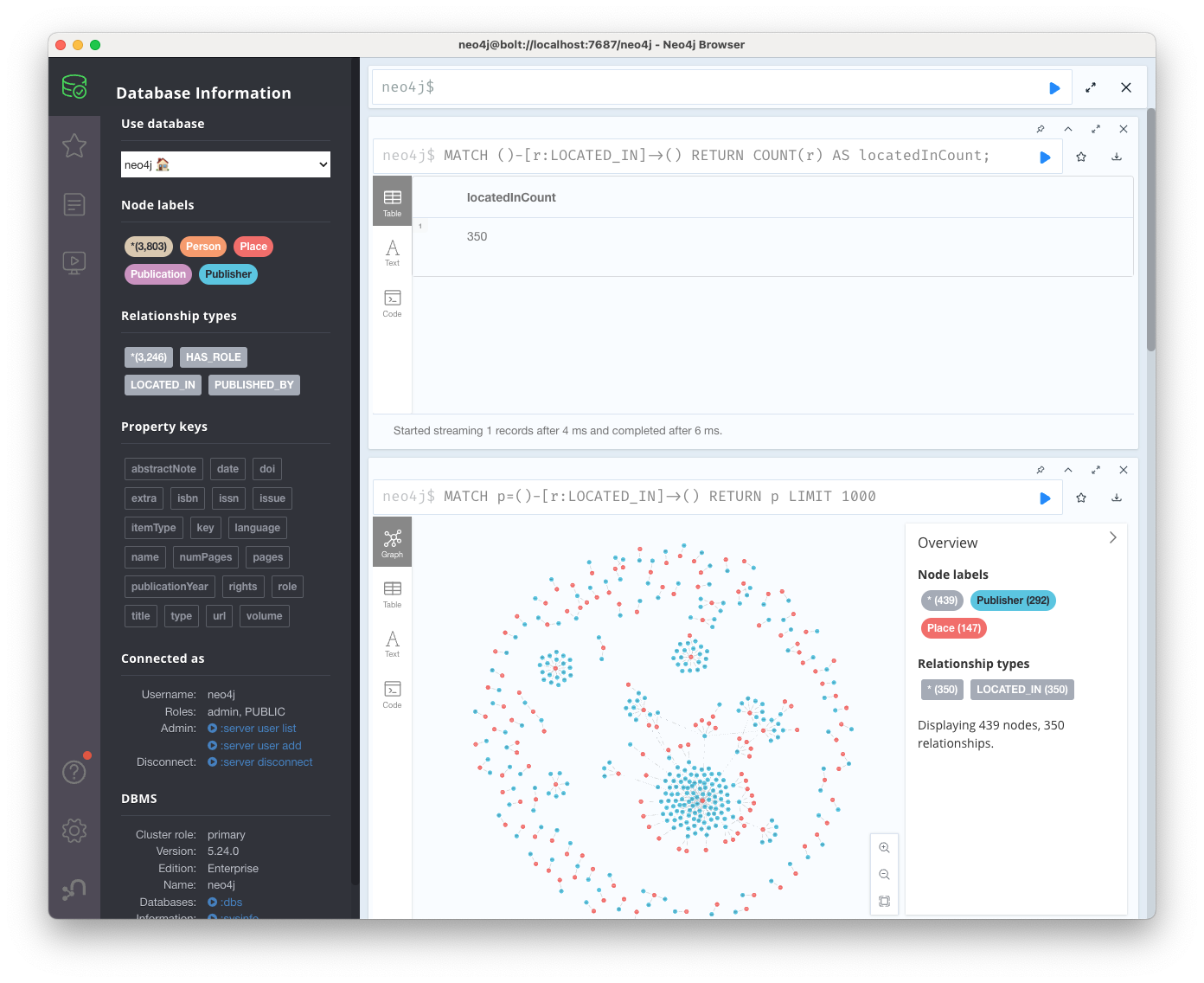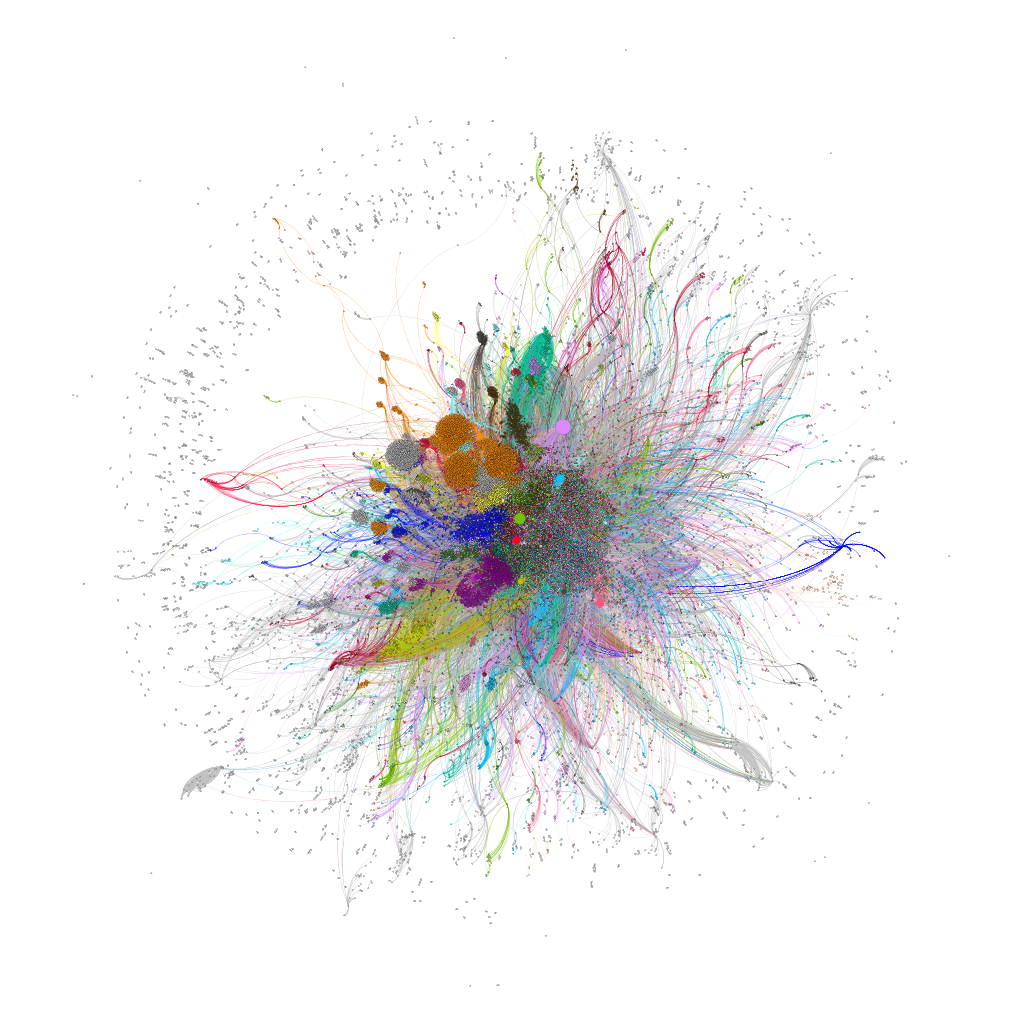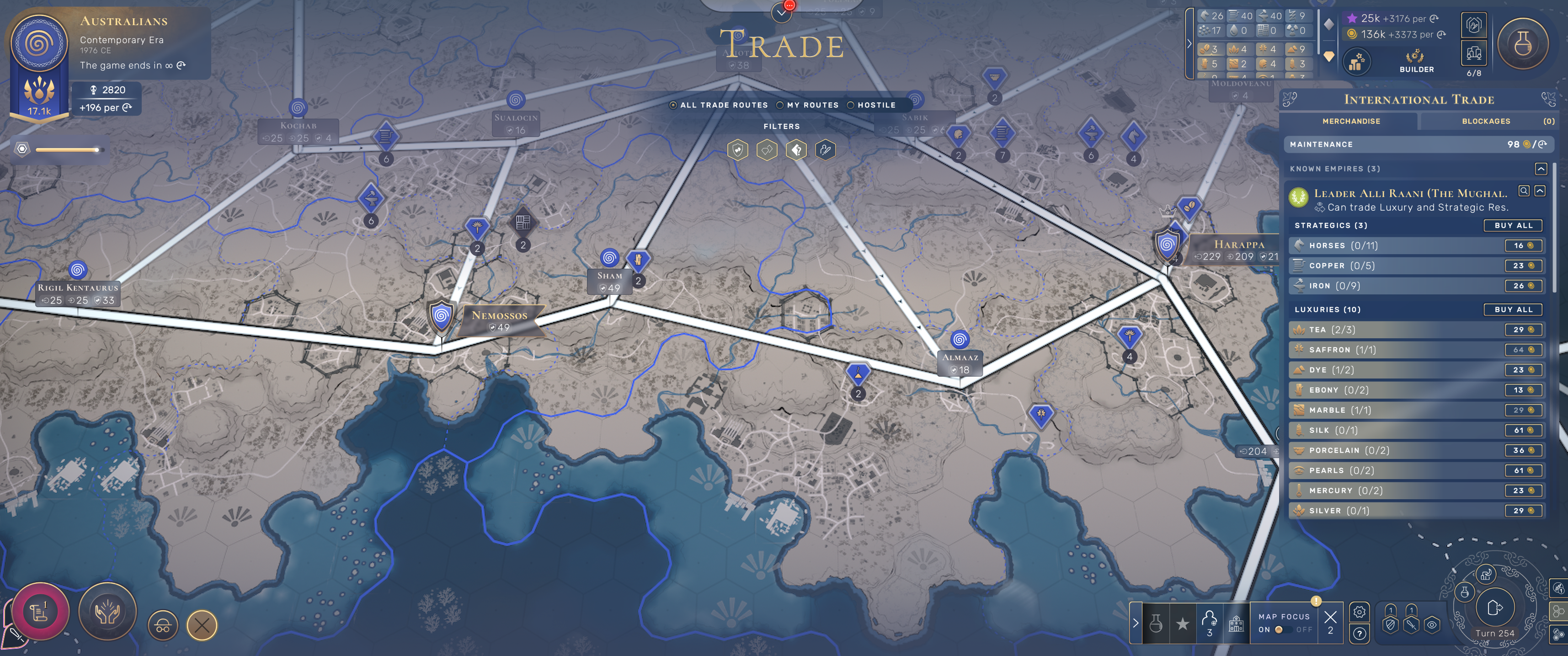My current book project, A Historiography of the Imagination: Place, Space, and Shared Meanings in Video Games, argues for viewing video games as not just media but also (art) historical objects, social places, texts, and information systems. It contends that video games themselves are infinite, complex places of interaction; places that reaffirm, challenge or create identities on a collective and personal level, through masking by taking on the persona of fictitious avatars or shared personas of fictional character whose base outlines and information, but not their actions or exact story, are shared between players. I show that more so than forums or social media, video games are performative, reflective, personal, public, multi-faceted and often contradictory places and spaces through which profound human experiences, expressions, and emotions are mediated. Through this work I show that video games can be thought of not only as ludic enterprises and sites for social interaction, but as a laboratory for media studies and the humanities, as places which warrant serious, dedicated, and increased scholarship and recognition of their importance in the intellectual, social, mental, and even metaphysical landscapes of their players. I also highlight how video games are not only objects of scholarship but are sites where the scholarly process itself can be interrogated and refined due to their creation of interactive, responsive and malleable spaces where in different competing perspectives, ideas, and research techniques can be tested and deployed.
Research
Overview
My research focuses on how different social, economic, and political networks are created and maintained by current and historical communities that are on the margins of traditional power structures. An important component of this work is an exploration of how information and misinformation propagate and travel through networks, how these knowledge systems adapt to social and environmental change, and how to model these systems using new digital methods.
Spaces of Entanglement
Spaces of Entanglement is a digital introduction, theoretical exploration, and practical guide for exploring and using a network approach to media studies and the humanities. Built upon Jupyter notebooks, this is a “living” textbook that covers the theory and practice of implementing graph databases, Linked Open Data, and geospatial research, especially in social media. By melding practical instruction and scholarly argument, this work shows how the Standing Rock Sioux tribe and other groups used social media to create new forms of protest against the Dakota Access Pipeline. My research contrasts the discussion of the protests in traditional media outlets with the movement’s narratives, which are circulated on websites, blogs, and other digital outlets. In addition to studying the history of the protest movement, I use social network analysis to show the emergence of distinct online communities that coalesce around the use of different Twitter hashtags, such as #NoDAPL, #WaterIsLife, and #MniWiconi. This project also deploys sentiment analysis software to explore if the use of Twitter hashtags is correlated to an overall tone of positive or negative discourse concerning the Dakota Access Pipeline. I demonstrate how similar analysis can be performed on different social media platforms and explore the implications of social media as an organizing platform, especially given the recent sale and increasing radicalization of Twitter/X.
Digital Entanglements: Grand Strategy Games, Historical Networks, and Digital Humanities
Currently under review at The Journal of Historical Network Research, this article moves beyond disciplinary borders and proposes a vision and strategy for examining the multivalent networks that underpin historical grand strategy and empire-building video games through the methodologies of digital humanities, and applies these approaches to the study of historical social, spatial, and environmental networks.
The genres of historical grand strategy (GS) and 4X (eXplore, eXpand, eXploit, eXterminate) video games are defined by their multi-faceted and complex gameplay in which players guide the development of a civilization or faction through moving units, exploring some form of a map, managing resources, and conducting conflicts and diplomacy with other players or computer-controlled factions. Each gameplay element is a facet of a system of interlocking networks, operating at multiple temporal and spatial scales, which center on and are profoundly impacted by the decisions of a player. From guiding the daily fortunes of a single settlement to deciding the fate of continents over centuries, the myriad foci and interests of GS and 4X games mirror the multiplicity of research questions and concerns surrounding networks in digital, environmental, and spatial history.

This work is licensed under a Creative Commons Attribution-ShareAlike 4.0 International License.


